London’s homeowners are increasingly embracing sustainability, seeking to minimise their environmental impact while creating stylish and comfortable living spaces. Whether you’re planning a kitchen extension, a loft conversion, or a complete home renovation, there are numerous eco-friendly options available to help you achieve your goals. This guide explores sustainable home renovation practices in London, offering insights and inspiration for the conscious homeowner.
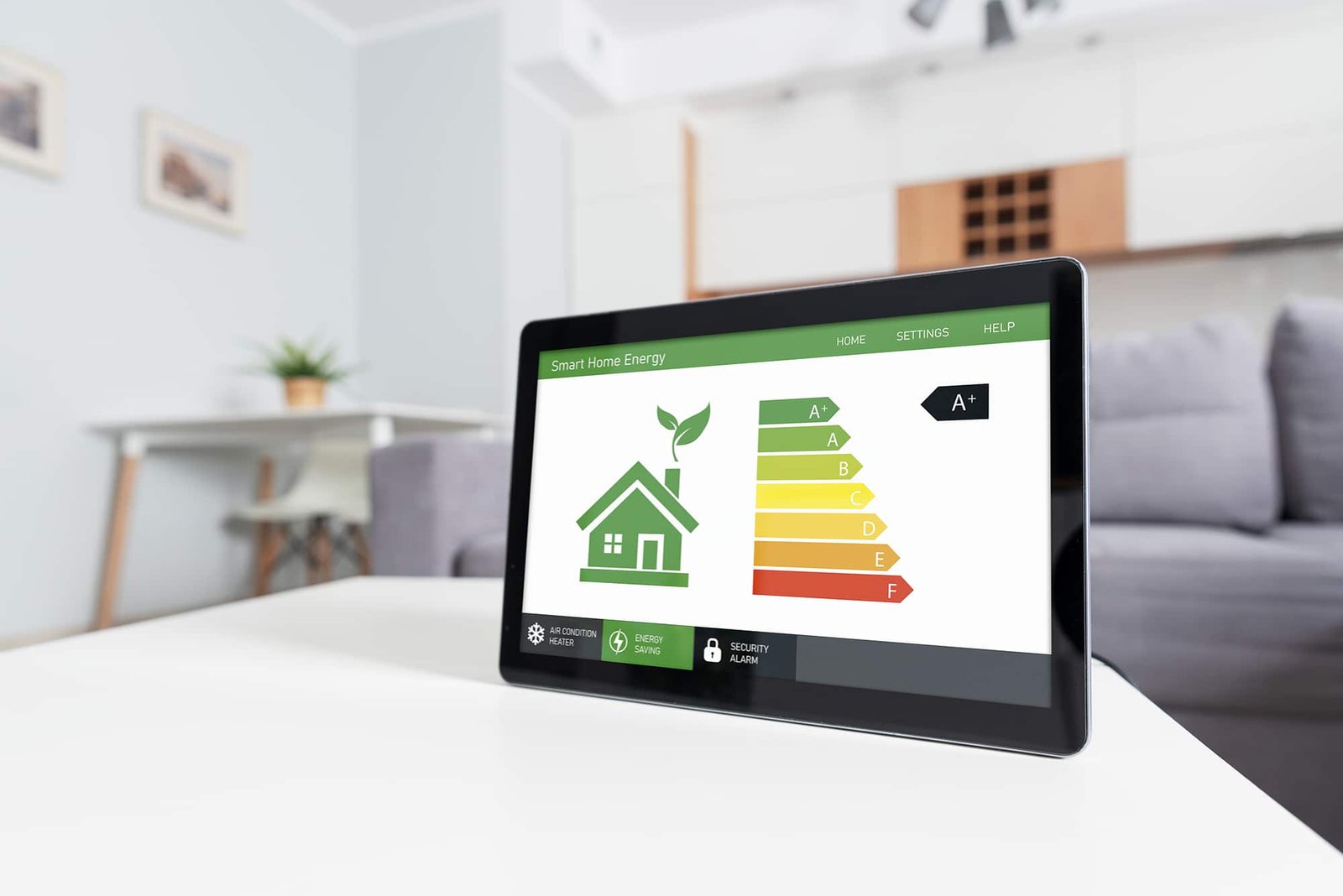
1. Planning Your Eco-Friendly Renovation: Laying the Foundation for Sustainability
Before diving into your renovation project, careful planning is crucial. Consider these key aspects:
Assess Your Home’s Energy Performance: Conduct a thorough energy assessment to identify areas for improvement. This may involve a professional energy audit to pinpoint heat loss, draughts, and inefficient appliances.
Set Realistic Sustainability Goals: Define your priorities and set achievable targets. Do you want to focus on energy efficiency, water conservation, or using sustainable materials?
Budgeting for Sustainable Choices: Eco-friendly options may sometimes have a higher upfront cost, but often lead to long-term savings. Factor in potential government grants and incentives available for sustainable home improvements.
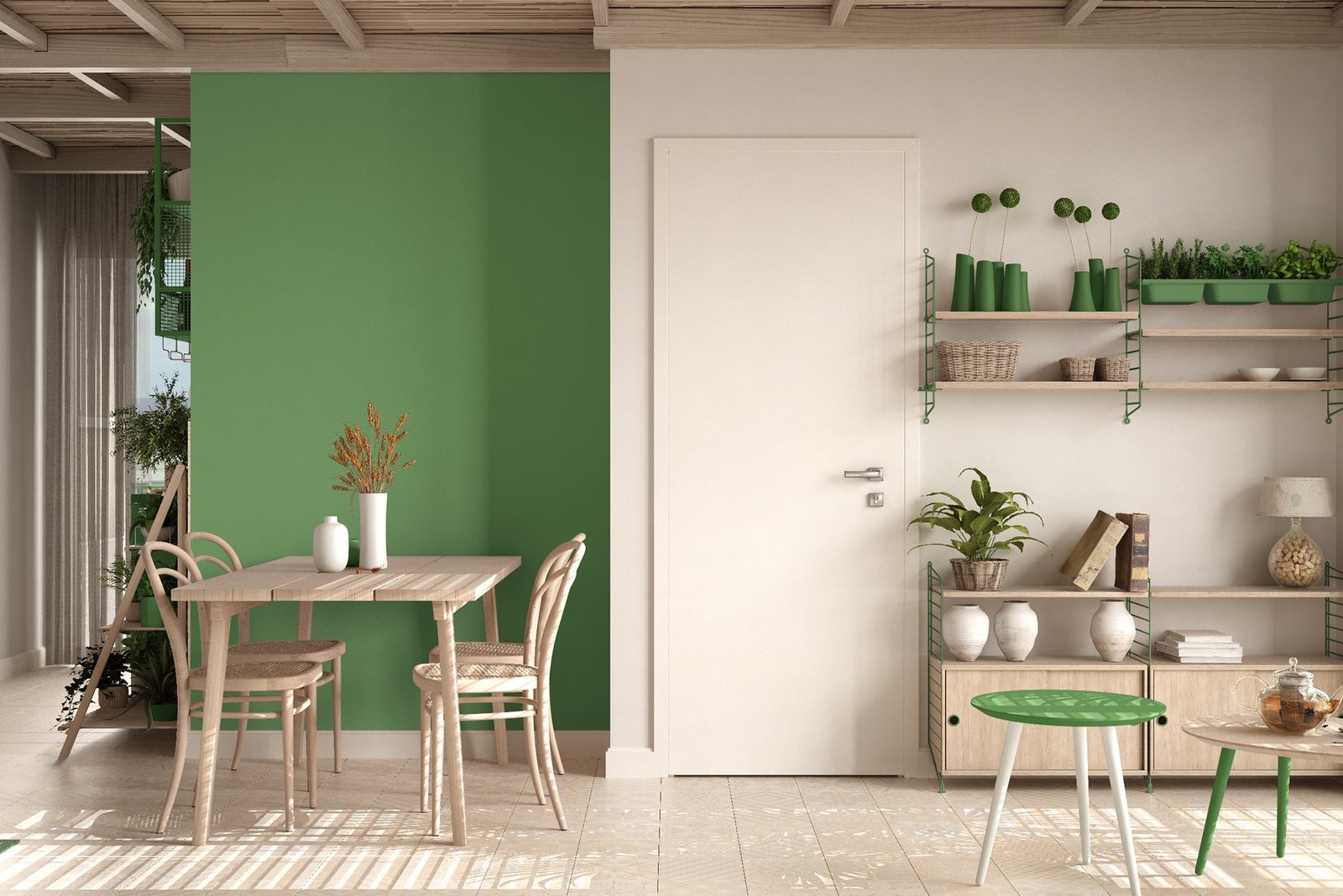
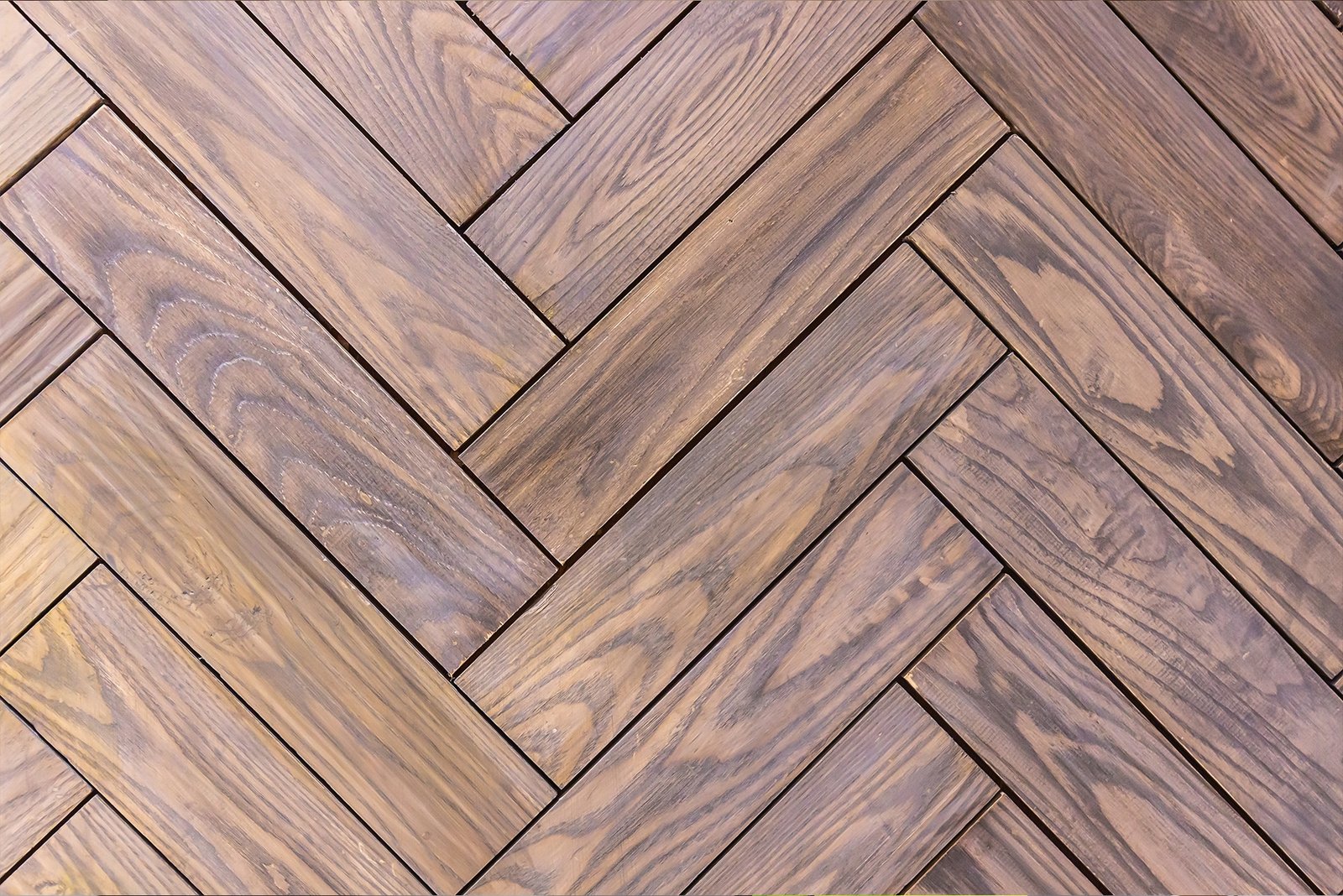
2. Sustainable Materials: Building with the Environment in Mind
Choosing sustainable building materials is fundamental to an eco-friendly renovation. Here are some popular choices:
Reclaimed and Recycled Materials: Incorporate reclaimed wood, bricks, and tiles to reduce waste and add character to your home. London has numerous salvage yards offering unique and historic materials.
Sustainably Sourced Timber: Opt for FSC-certified timber, ensuring it comes from responsibly managed forests. Bamboo, a fast-growing and renewable resource, is another excellent alternative for flooring and joinery.
Natural Insulation: Choose natural insulation materials like sheep’s wool, cellulose, or wood fibre. These options offer excellent thermal performance while being breathable and environmentally friendly.
Eco-Friendly Paints and Finishes: Select low-VOC paints, varnishes, and sealants to minimise harmful emissions and improve indoor air quality.
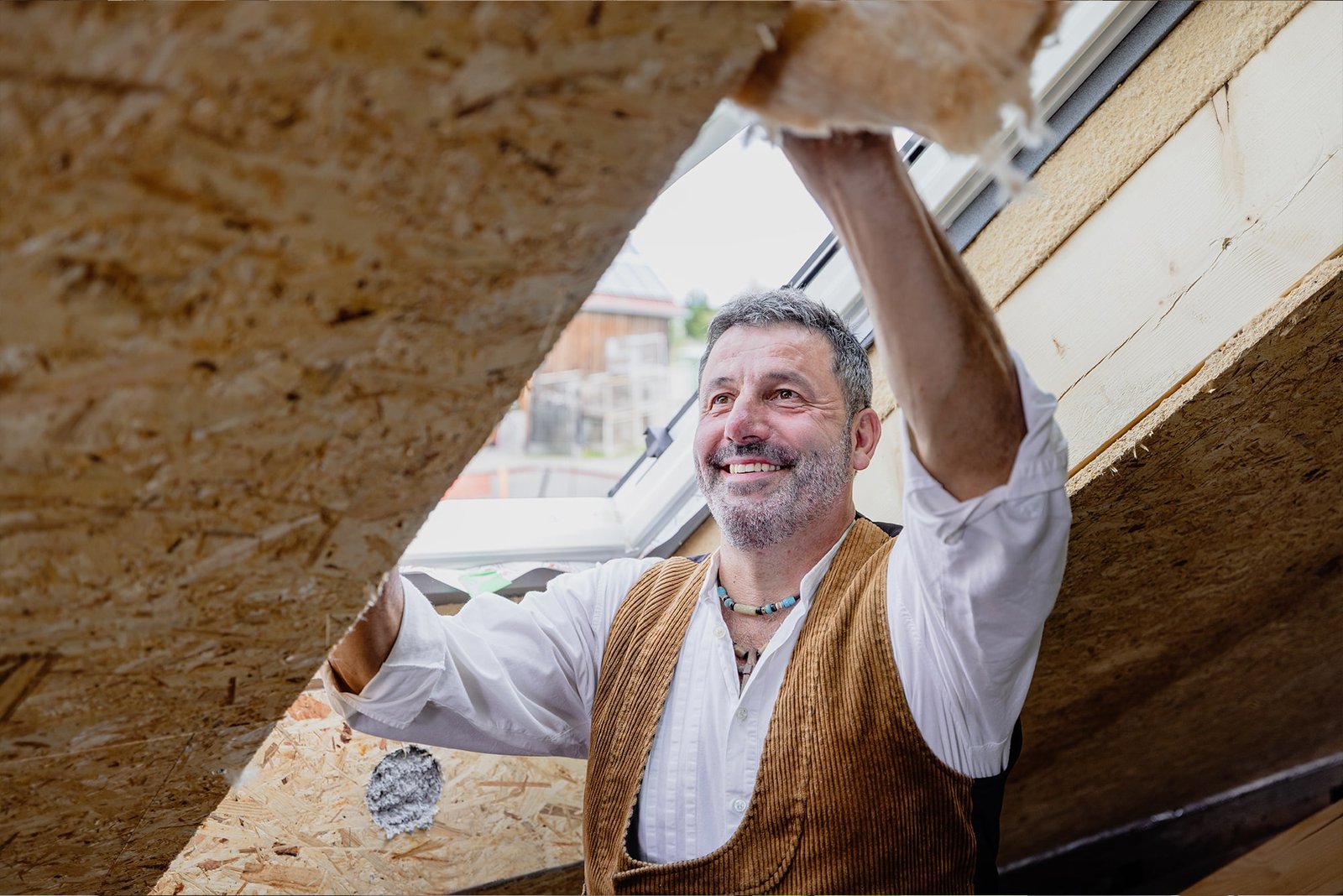
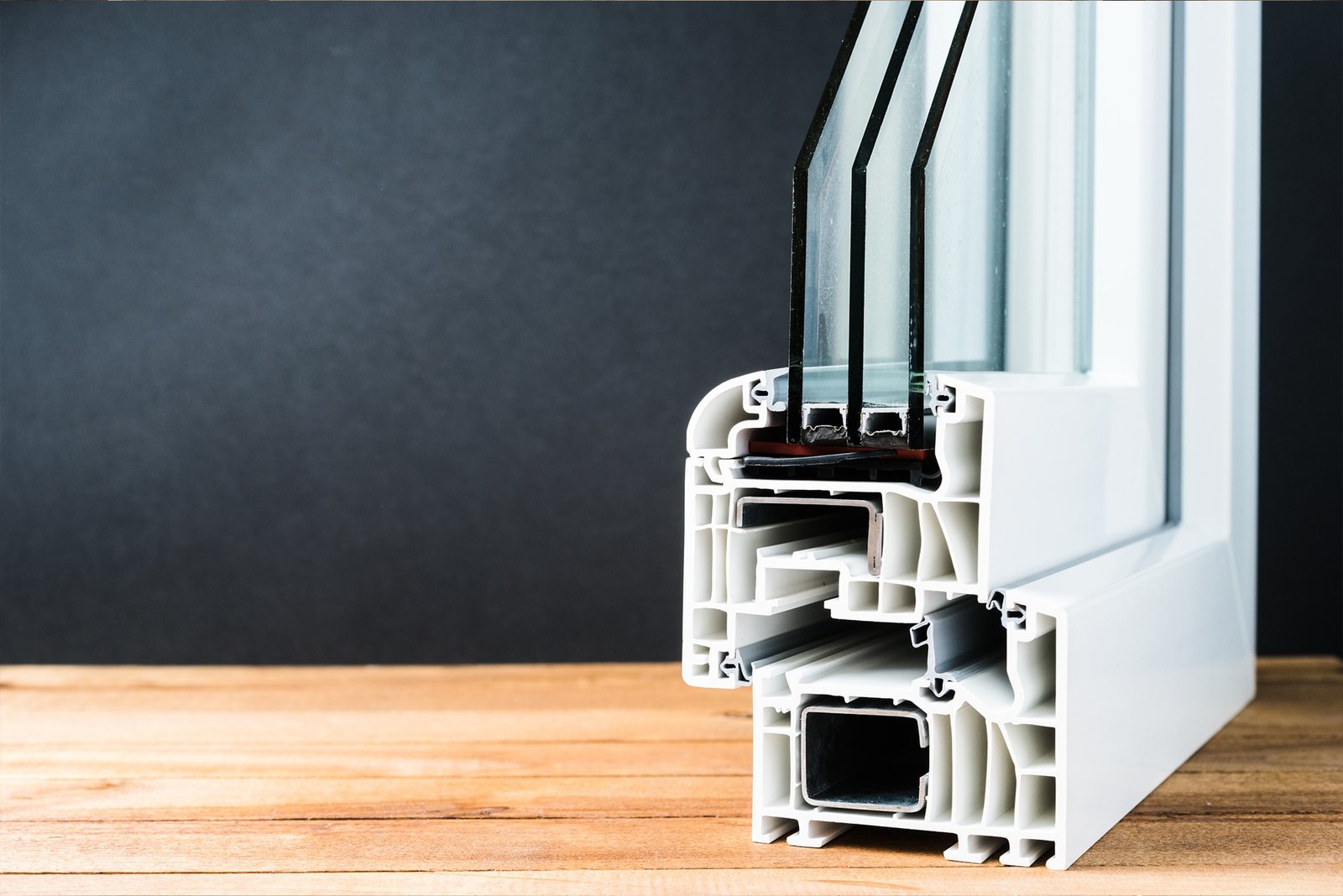
3. Energy Efficiency: Reducing Your Carbon Footprint
Improving your home’s energy efficiency is not only good for the planet but also for your wallet. Consider these energy-saving measures:
High-Performance Windows and Doors: Upgrade to double or triple-glazed windows with low-emissivity coatings to reduce heat loss. Ensure doors are well-sealed to prevent draughts.
Insulation Upgrades: Improve insulation in your loft, walls, and floors to minimise heat loss and reduce energy consumption.
Renewable Energy Sources: Explore options like solar panels or air source heat pumps to generate renewable energy and reduce reliance on fossil fuels.
Energy-Efficient Appliances: Choose appliances with high energy efficiency ratings (A+++ to A) to minimise electricity consumption.

4. Water Conservation: Saving Our Precious Resource
Water conservation is increasingly important in London. Implement these strategies in your renovation:
Low-Flow Fixtures: Install low-flow showerheads, taps, and toilets to reduce water consumption without compromising performance.
Rainwater Harvesting: Collect rainwater for garden irrigation or toilet flushing, reducing reliance on mains water.
Greywater Recycling Systems: Consider a greywater recycling system to reuse water from baths, showers, and washing machines for non-potable purposes.

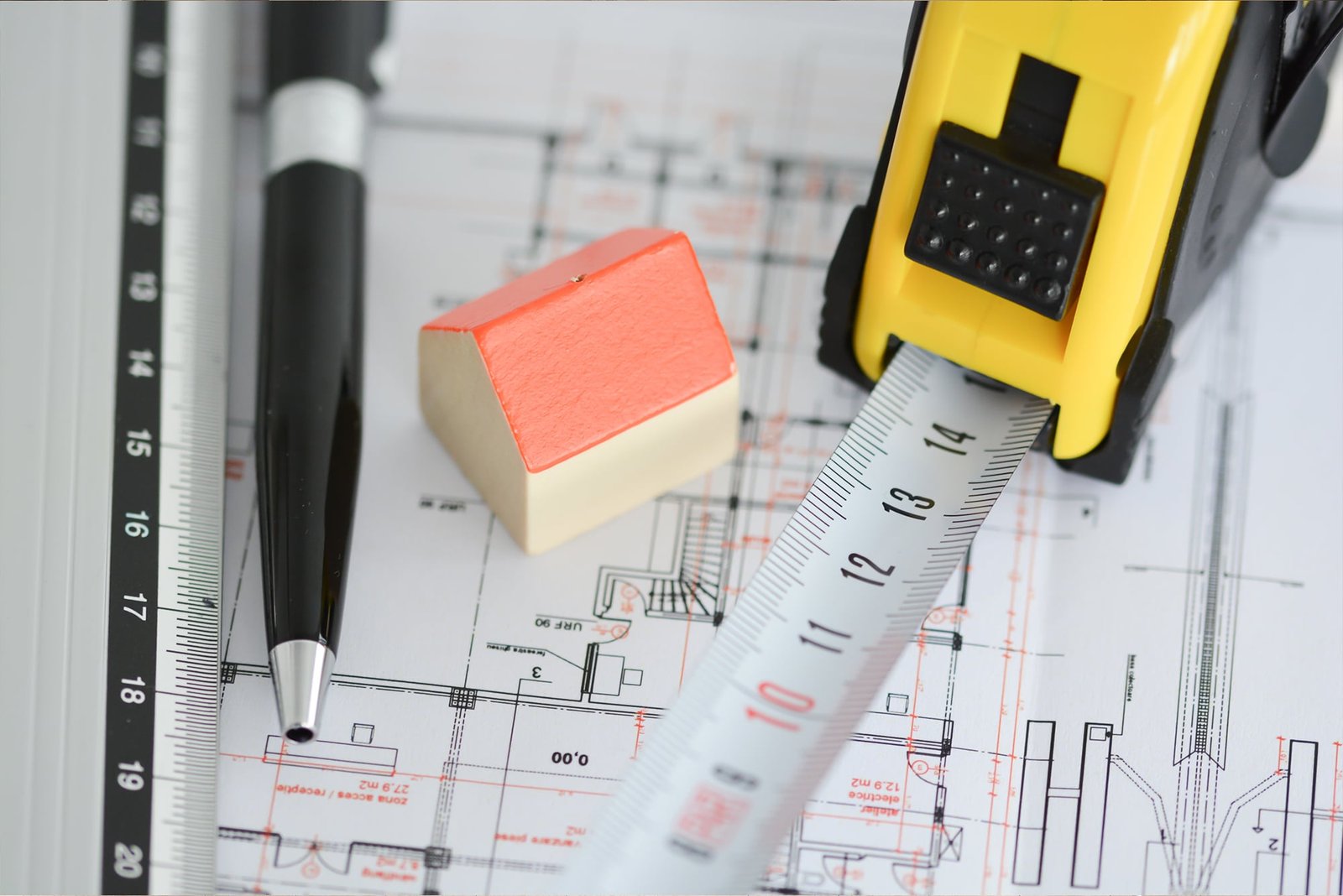
5. Finding the Right Professionals: Partnering with Sustainable Experts
Choosing the right professionals is essential for a successful sustainable renovation. Look for builders and contractors who:
Have Experience with Sustainable Building Practices: Seek out companies with a proven track record in eco-friendly construction and renovation.
Understand Your Sustainability Goals: Ensure your chosen professionals are aligned with your vision and can offer expert advice on sustainable solutions.
Are Committed to Minimising Waste: Choose companies that prioritise waste reduction and recycling on-site.
Embracing sustainability in your London home renovation not only benefits the environment but also creates a healthier and more comfortable living space. By carefully planning your project, choosing eco-friendly materials, and implementing energy and water-saving measures, you can significantly reduce your environmental impact while enjoying a beautiful and sustainable home.

